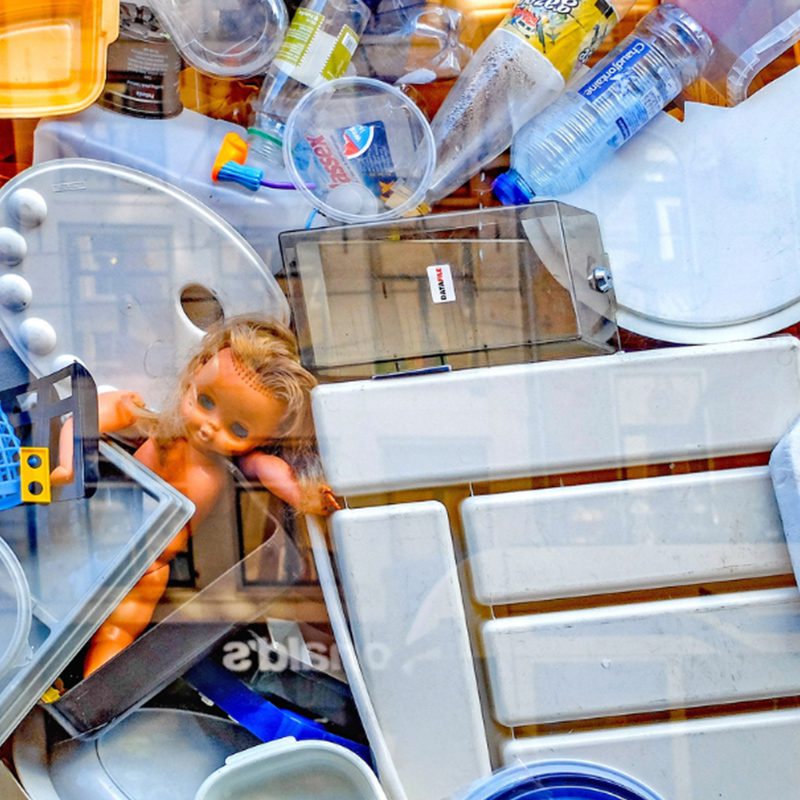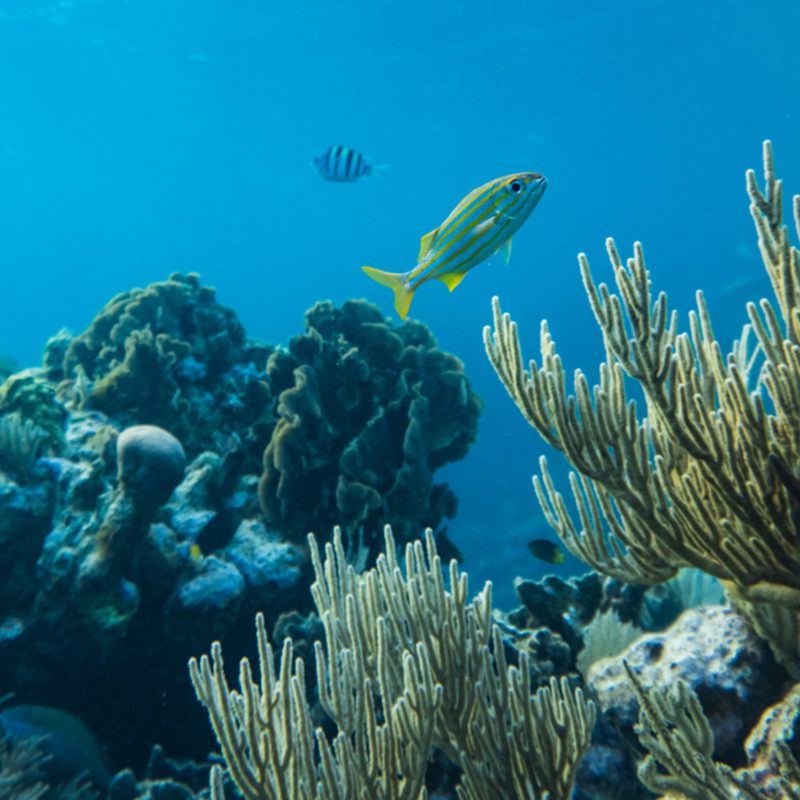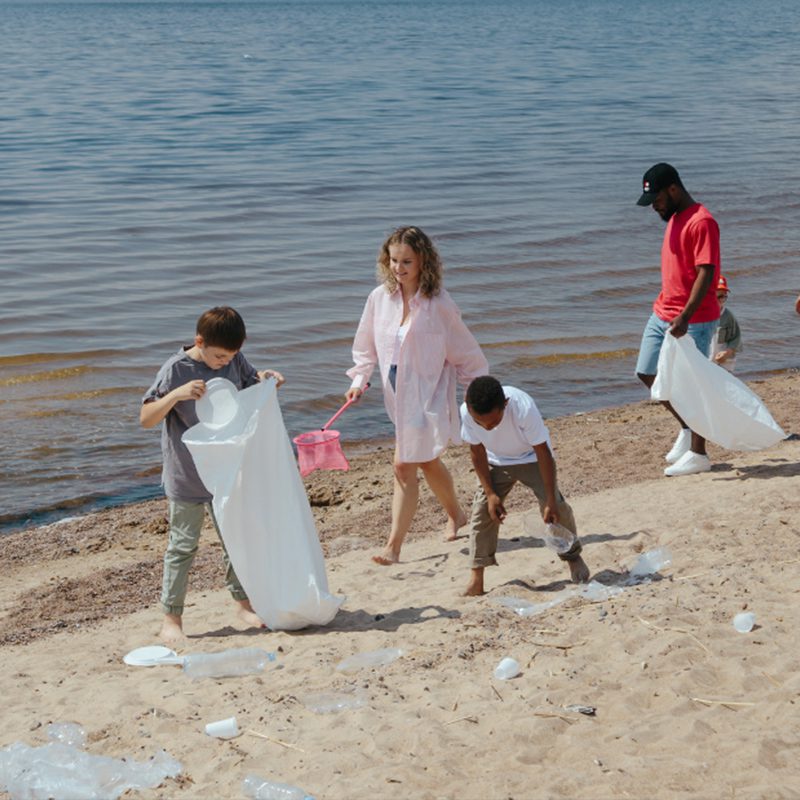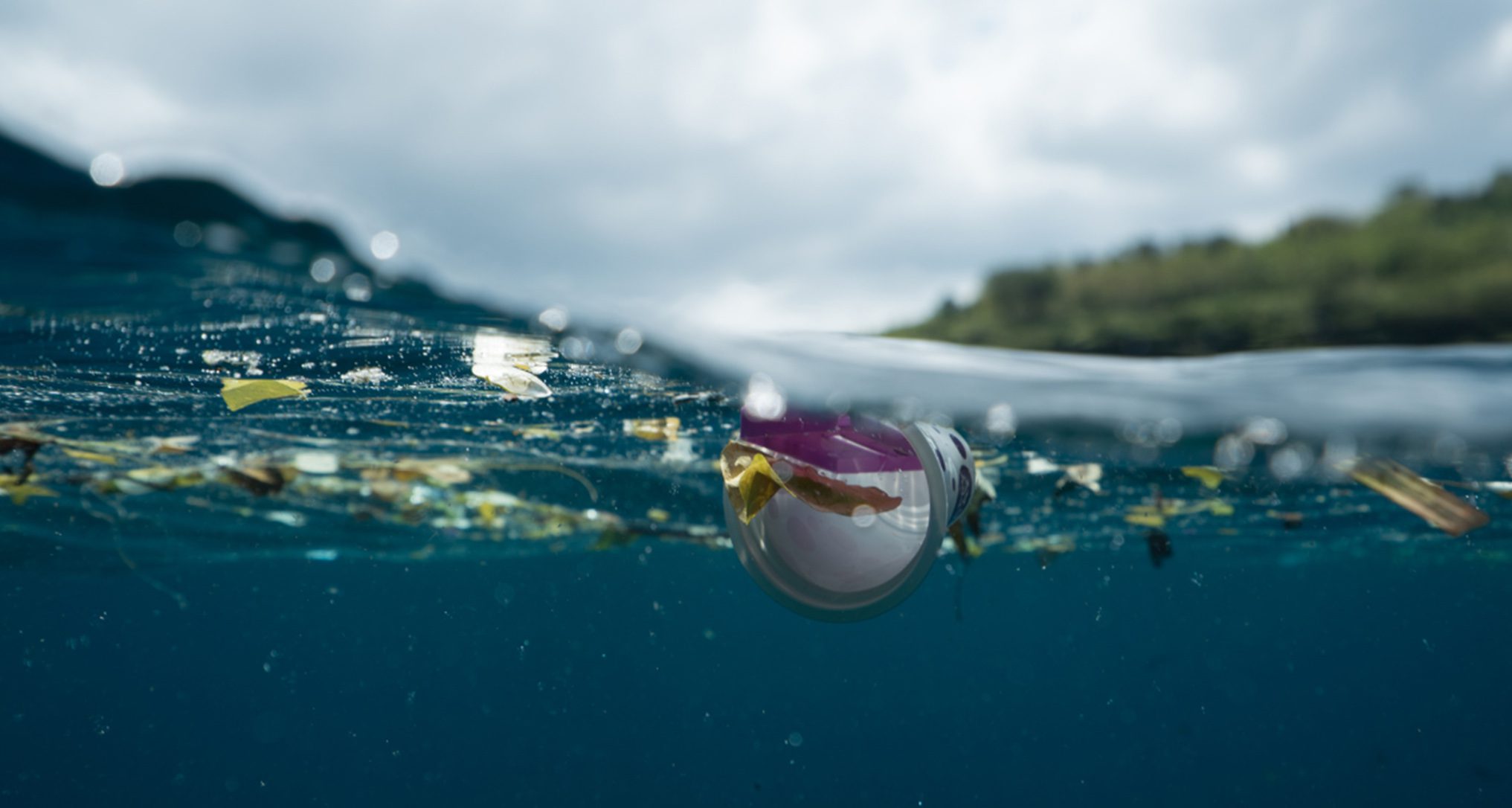We’ve all grown to understand the devastating effects of plastic on ocean life, but have you heard of plasticosis – the phenomenon where marine life literally feeds off discarded plastic waste? To better explain this worrying occurrence, let’s start at the beginning and discuss why it’s an issue we should all be concerned about.
What is ‘Plasticosis’?
Plasticosis is a type of fibrotic disease that occurs when marine animals consume plastic debris such as straws, bags, microplastics from bottles, and other items. These plastics contain toxic chemicals which are absorbed into the body of the animal, leading to serious health problems. These include excessive scar tissue formation, ulcers, and the death of the affected animal.
In other words, it is the ‘plastic poisoning’ of marine life. Although marine biologists predicted this would occur at some point, it has only recently been discovered and reported, according to Journal of Hazardous Materials study. And the worst part is that it is a growing phenomenon, with more and more organisms relying on waste as food sources.
What Causes Plasticosis?
The main cause of plasticosis is the sheer volume of plastic waste that enters our oceans each day. Once it is there, the waste breaks down and becomes microplastics that are too small for us to see, but which can be ingested by marine life. It is also believed that plastic particles are absorbed into the food chain, where they can contaminate many species, including humans.


How Plastic Pollution Affects Marine Life
Plastic use has increased exponentially, with over 380 million tons entering the ocean annually. This is equivalent to a truckload of plastic being dumped into the sea every minute.
This plastic eventually breaks down into tiny particles that are ingested by a variety of marine life, leading to the spread of toxins throughout the food chain. These microplastics are easily mistaken for food and cause long-term health effects in the unfortunate organisms that ingest them. It can also lead to starvation, suffocation, and even death. In fact, in 2018, a sperm whale was found with 64 pounds of plastic in its stomach.
Plastic pollution is also responsible for the deaths of millions of marine mammals, birds, and fish every year due to entanglement or entrapment in discarded plastic items.
Additionally, plasticosis was also found to cause increased collagen prevalence in the tubular glands and submucosa and widespread scar tissue formation of seabirds. Plastic ingestion in these creatures also results in a buildup of toxins in their bodies, leading to various health issues that can hinder reproduction and cause mortality.
Coral reefs are also heavily impacted by plastic pollution, with up to 11.1 billion pieces of plastic accumulating on the ocean floor each year, leading to coral bleaching and death.
How Can Plastic in Marine Food Chain Affect Us?
Plastic pollution affects us all, as the toxins from plastic can accumulate in the marine food chain and eventually enter our food sources. Food contaminated with plastic particles is also a significant risk to human health, as these toxins can interfere with digestion and even increase the risk of diseases such as diabetes and obesity. For example, studies have found that people who consume seafood contaminated with plastic particles are more likely to suffer from inflammation and other digestive issues.

What Can I Do to Help Reduce Plastic Pollution?
It is clear that plastic pollution is a serious problem, and we all need to take responsibility for reducing our plastic waste. Here are some simple actions you can take:
- Choose to use reusable alternatives for single-use plastics, such as shopping bags and water bottles.
- Recycle plastic packaging when you’re done with it.
- Ask your local stores and restaurants to reduce their plastic waste.
- Avoid using products that contain microbeads.
- Support organizations that are actively fighting plastic pollution.
- Educate yourself and others about the issue.
- Support companies that are using alternative materials, such as paper, glass, or metal.
By taking these simple steps, we can all help make a difference and reduce the amount of plastic pollution in our world’s oceans. It’s up to us to protect our planet and its inhabitants!
Make a Big Difference in Helping Our Marine Life With Bottleless Nation
Bottleless Nation is on a mission to reduce single-use plastic bottles and help preserve our marine life. Our goal is to eliminate as many plastic bottles from circulation as possible and help businesses make the switch to reusable options. By working with bottleless water and ice dealers nationwide, we’re providing businesses with healthier, greener, and more sustainable alternatives to traditional single-use plastic bottles.
We’re dedicated to meeting the needs of your business, no matter how big or small. We also offer educational resources that can help businesses learn more about plastic pollution and the ways in which we can all help reduce it.
Join us in our fight against plastic pollution and help protect our marine life. Contact us today to learn more about how you can join our movement. Together, we can make a real difference and help save our oceans!

